Microsoft made a trio of announcements this week that are going to be very important for how the company approaches its big AI bet in 2025. It started off by creating a new AI engineering group to focus its developers on building an AI platform and tools for both Microsoft and its customers. Microsoft then announced pay-as-you-go agents for its relaunched Copilot Chat for businesses, and it finished the week by bundling Office AI features into Microsoft 365 for consumers and raising the subscription price.
All three of these announcements are linked to Microsoft’s insatiable hunger to win at AI. The company still prioritizes security through employee performance reviews, but it increasingly feels like promoting AI is an equally high priority.
The new engineering group is a good example of Microsoft’s priorities. Led by former Meta engineering chief Jay Parikh, the new CoreAI – Platform and Tools division will combine Microsoft’s Dev Div and AI platform teams together. Microsoft CEO Satya Nadella described the reorganization as “entering the next innings of this AI platform shift” and said it will “reshape all application categories.” Nadella has regularly said that the pace of AI is changing software development, and now Microsoft is building an AI-first app stack to try and take advantage of this opportunity.
Combining Microsoft’s AI platform work and its developer division will put AI at the heart of the very tools, platforms, and services that Microsoft builds for customers and its own teams. Nadella even described this platform shift as the ability for Microsoft’s AI agents, which are essentially virtual employees that automate tasks, to eventually be able to build custom applications. It’s a transformation for Microsoft that looks like it will flip the company from software-as-a-service to service-as-software — where once-manual human tasks are automated by software and AI.
Microsoft has spent the past 15 years selling cloud computing to businesses, tempting them to move off traditional software that’s licensed and installed to on-premise servers toward servers hosted by the software giant. Nadella led Microsoft’s transformation to cloud infrastructure and services before becoming CEO, and it’s been hugely successful for the company. Now, Nadella appears to be betting on being able to automate many people-based services and package this up in a software solution Microsoft can sell to businesses.
I’ve spoken to some employees in Microsoft’s Dev Div organization this week, and it’s clear there is some unease about the company’s commitment to AI at all costs. Microsoft’s new AI engineering group emerged just days after Meta chief Mark Zuckerberg predicted 2025 is going to be a year where “Meta, and the other companies that are working on this, are going to have an AI that can effectively be a mid-level engineer that you have at your company that can write code.” In an interview with Joe Rogan, Zuckerberg said he believes that, over time, a lot of the code in Meta’s apps “will be built by AI engineers instead of people engineers.”
That’s a scary prospect for the thousands of engineers at Meta and Microsoft who have spent their entire careers learning how to build software. One engineer in Microsoft’s new CoreAI team tells me there’s now a feeling that if you’re not all in on AI, there won’t be a place for you in this new team.
Microsoft’s transition here will undoubtedly see engineering jobs change, and it’s all part of a revenue opportunity for AI that the company is constantly chasing. Investors are increasingly looking for returns on Microsoft’s big bets on AI, and recent reports have suggested that it’s struggling to sell businesses on the idea of paying extra for AI-powered versions of Office apps. That’s probably why this week we also saw Microsoft relaunch Copilot as Microsoft 365 Copilot Chat, complete with free ChatGPT-like capabilities and pay-as-you-go agents. It’s a rebranding of what was once Bing Enterprise Chat, then Copilot, and now Copilot Chat.
I spoke to Jared Spataro, Microsoft’s chief marketing officer of AI at work, earlier this week, and he made it clear this relaunch is also Microsoft’s latest attempt to get people hooked on using AI at work. “What we find is that when you start to use it, you become accustomed to and appreciative of the value that it can provide at work,” says Spataro.
The free chat side of Copilot has already been popular for businesses that rely on Microsoft’s software and services, and by adding in agent capabilities, there’s an upsell opportunity to get businesses to pay extra to automate tasks with AI.
Microsoft can also use this Copilot Chat as a way to tempt businesses into upgrading to the full Microsoft 365 Copilot at $30 per user per month. “While Copilot Chat is a powerful new on-ramp for everyone in your organization to build the AI habit, Microsoft 365 Copilot remains our best-in-class personal AI assistant for work,” says Spataro.
This is where Copilot really transforms from a simple chatbot into a more assistive technology that can analyze Excel data for you, write paragraphs in Word, or generate an entire PowerPoint presentation. A lot of CTOs tell me that businesses have found the most value from Copilot inside Microsoft Teams, where the AI assistant will transcribe meetings and pull out key talking points to make it easy to catch up on calls you might have missed.
Most businesses aren’t paying the extra for Copilot inside Office apps, though. While adding an AI-powered version of the Python programming language to Excel is powerful and summaries of Outlook emails are super useful, Microsoft needs a lot more compelling Copilot features if it wants businesses to pay that $30 per user per month fee.
It’s a similar situation over on the consumer side, which is why Microsoft started bundling its AI-powered Office features into Microsoft 365 Personal and Family subscriptions this week. Instead of asking consumers for $20 extra per month for Copilot Pro, Microsoft is raising its subscription prices by $3 per month to bundle Copilot into Office apps.
As part of this price bump, Microsoft is providing a set of AI credits that can be used on Copilot in apps like Word, Excel, PowerPoint, Outlook, and OneNote. You’ll get a monthly allotment of these credits, which can also be used for things like image generation in the Designer app or in apps on Windows like Paint, Photos, and Notepad. If you want unlimited usage of Copilot in Office apps or all of these AI features, you’ll still need to pay for Copilot Pro.
Microsoft had been testing this Microsoft 365 subscription change in Australia, New Zealand, and some markets in Asia, and it feels like the worldwide launch this week is an even bigger test before the company does something similar for its commercial subscriptions.
Google may well force Microsoft’s hand here, after revealing this week that its Gemini Business plan, which you previously had to pay $20 per user per month for, is now free. Google is now bringing all of its AI features to its Workspace app at no extra cost, which piles on the pressure for Microsoft to make some similar moves for commercial customers of Microsoft 365.
As the competition heats up in 2025, expect to see Microsoft come up with even more inventive pay-as-you-go agents or AI credit methods to get consumers and businesses addicted to AI.
The pad:
- Microsoft won’t support Office apps on Windows 10 after October 14th. If you’re still on Windows 10, it’s getting closer to the point of upgrade time. Microsoft has started warning that it will no longer support Office apps, known as Microsoft 365 apps, on Windows 10 after October 14th — the day support ends for the old OS. While the apps will continue to function, there could be issues over time. It’s all part of an effort from Microsoft to get businesses and consumers to upgrade to Windows 11.
- Microsoft stops using Bing to trick people into thinking they’re on Google. Microsoft has started quietly killing off its spoofed Google UI that it was using to trick Bing users into thinking they were using Google. The page that appeared after you searched for “Google” on Bing no longer has a special search bar or an image that resembles a Google Doodle. It’s just a regular Bing search result now, although some countries still have the fake Google UI.
- Parallels is testing Windows x86 emulation on Apple silicon Macs. If you own one of the latest MacBooks and want to use Windows on it, there’s some promising news this week. Parallels has launched an “early technology preview” that lets Apple silicon Macs emulate Intel-based hardware to run Windows. Performance will be “really slow” right now, though, with boot times of up to seven minutes. Hopefully that improves as the technology preview progresses.
- Microsoft’s former Surface design chief joins Amazon. Two key Surface inventors are reuniting at Amazon this week. Ralf Groene, who was previously head of design for Windows and devices, has joined Amazon to be part of Panos Panay’s devices and services team. Panay left Microsoft in 2023, after working alongside Groene to create the original Surface tablet more than 10 years ago. Amazon also hired Xbox cofounder J Allard recently, who is also working on Panay’s devices team. I’m intrigued to see what these three former Microsoft colleagues dream up at Amazon.
- Microsoft’s chief is cozying up to Trump. Satya Nadella and Microsoft president Brad Smith joined Elon Musk and US President-elect Donald Trump on Wednesday for lunch to discuss cybersecurity, AI, and tech policy. Like many other tech companies, Microsoft has donated $1 million to Trump’s inauguration fund.
- There is no more waitlist for GitHub Copilot Workspace. Microsoft-owned GitHub has dropped the waitlist for its AI coding assistance tool. There has been a waitlist since April of last year, but developers can now try out the technical preview without having to wait to be approved.
- Microsoft commits to the European Union’s AI Act. Microsoft says it’s ready to comply with the EU AI Act. “We are building our products and services to comply with our obligations under the EU AI Act and working with our customers to help them deploy and use the technology compliantly,” says Natasha Crampton, Microsoft’s chief responsible AI officer. Microsoft’s announcement is in stark contrast to a bunch of companies, including Meta and Spotify, that are calling for an end to “inconsistent regulatory decision making” for AI rules in Europe.
- Microsoft files a gaming AI patent for “crafting and altering game narratives.” I’m still waiting for Microsoft to unveil its AI plans for Xbox, but it looks like the company is already exploring ways that AI can be used in game design. Windows Central has spotted a patent from 2024 that allows designers and players to customize a game through generative AI prompts. Nvidia has been showing off similar work for NPCs in games, and I wouldn’t be surprised if we start to see a lot more of this.
- Forty years at Microsoft = a giant crystal. There aren’t many Microsoft employees who can say they’ve been at the company 40 years, but Larry Osterman is one of them. To celebrate Osterman’s long tenure — that has included work on Windows, Exchange, and Azure — Microsoft gifted him a giant 40th-anniversary crystal. It took almost six months to be delivered, and it looks like it was worth the wait. I never even knew a 40-year celebratory gift existed at Microsoft.
- New Copilot features are coming to Mac. Microsoft has started rolling out Copilot inside Outlook for Mac for Microsoft 365 Copilot subscribers. You can access Copilot directly from Outlook, and it appears alongside contacts and calendars.
Thanks for subscribing and reading to the very end. This week’s issue was a day late due to Microsoft’s final AI announcement of the week coming in hot on Thursday. Next week’s Notepad will also arrive on Friday, the day after the Xbox Developer Direct event.
If you’ve heard about any of Microsoft’s other secret projects, you can reach me via email at notepad@theverge.com or speak to me confidentially on the Signal messaging app, where I’m tomwarren.01. I’m also tomwarren on Telegram, if you’d prefer to chat there.



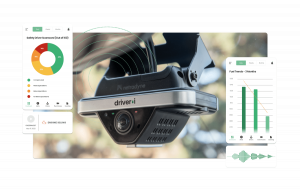




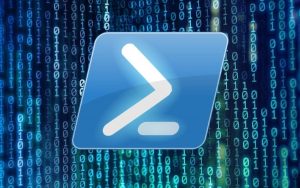



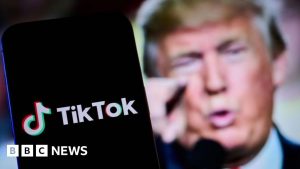
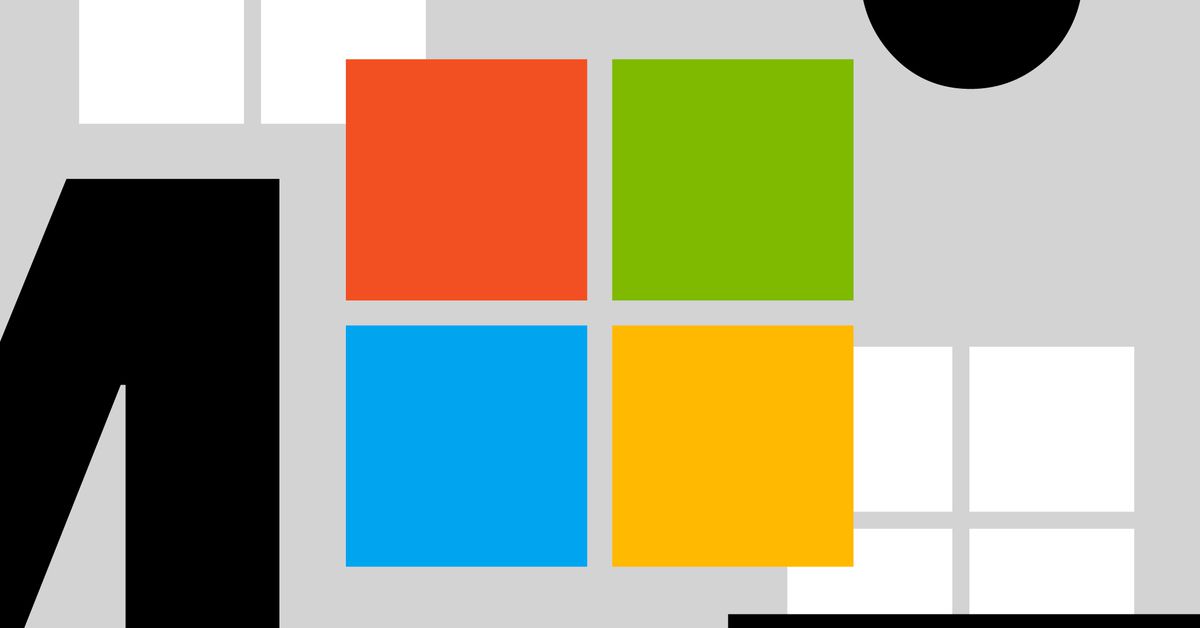
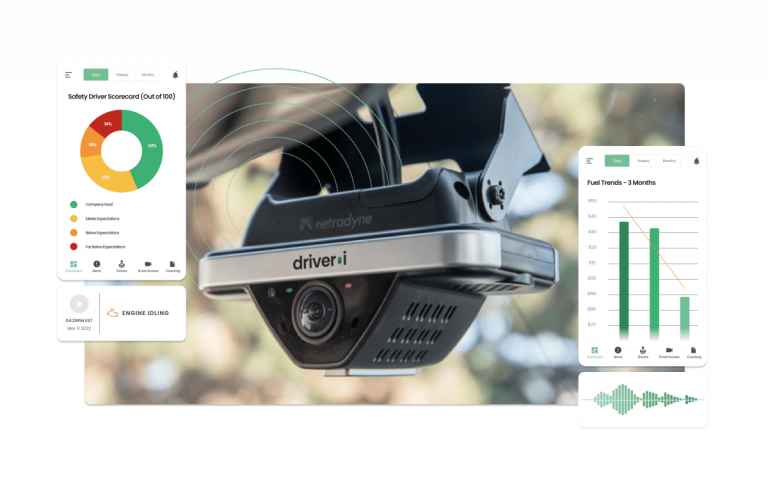
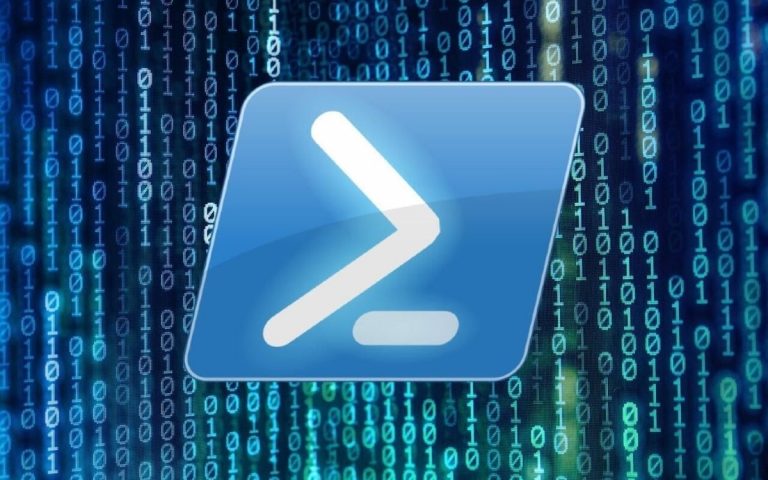
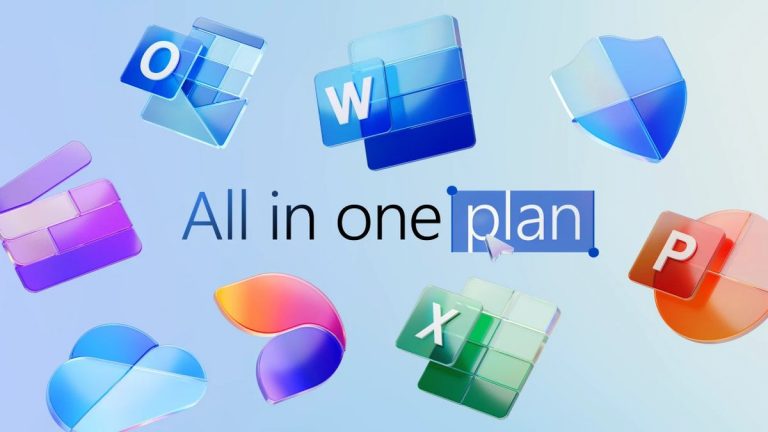






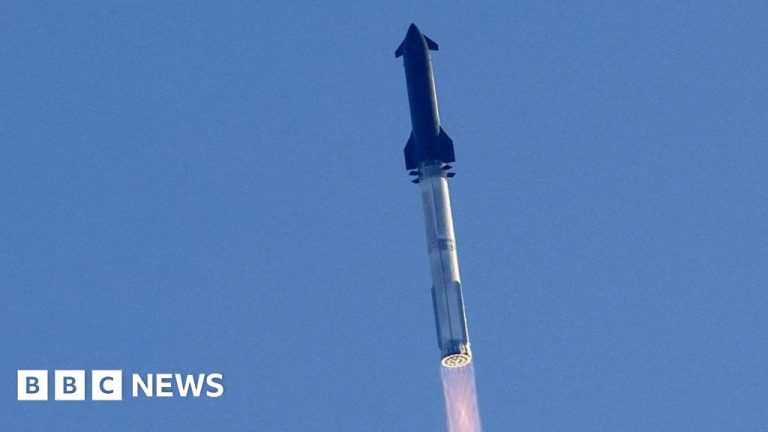

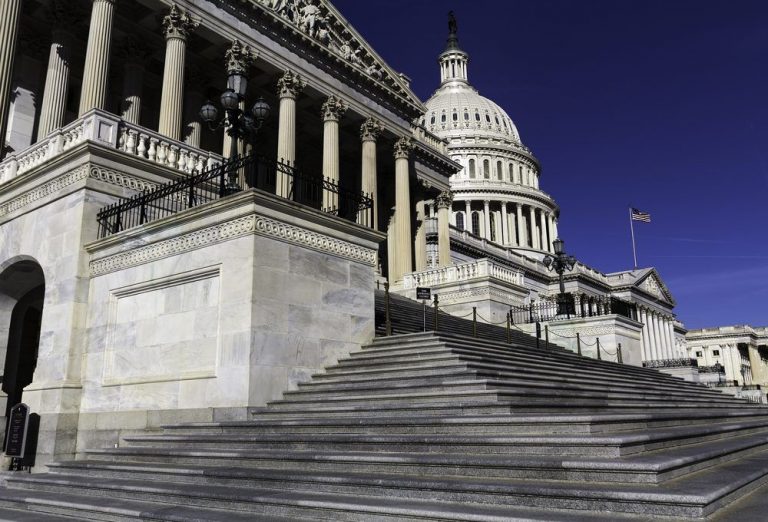
+ There are no comments
Add yours